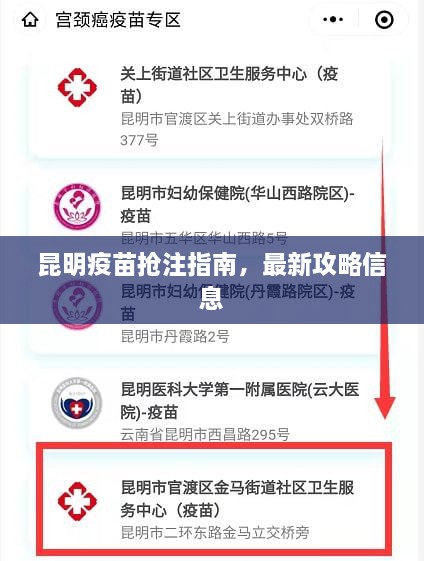<!DOCTYPE html>
<html lang="en">
<head>
<meta charset="UTF-8">
<meta name="viewport" content="width=device-width, initial-scale=1.0">
<title>Why Do We Constantly Cough When We Have a Cold?</title>
</head>
<body>
<h1>Why Do We Constantly Cough When We Have a Cold?</h1>
<h2>Understanding the Link Between Colds and Coughing</h2>
<p>
A cold is a common viral infection that affects the upper respiratory tract. It's characterized by a runny nose, sneezing, sore throat, and coughing. While a runny nose and sneezing are relatively straightforward symptoms, the persistent cough can be quite annoying and sometimes even concerning. But why does a cold lead to such a persistent cough?
</p>
<h2>The Role of the Immune System</h2>
<p>
When a cold virus enters the body, the immune system responds by attacking the virus. This immune response involves the production of white blood cells and antibodies, which help to fight off the infection. However, this process can also lead to inflammation in the respiratory tract, which is where the cough comes into play.
</p>
<h2>Inflammation and the Cough Reflex</h2>
<p>
Inflammation in the respiratory tract, particularly in the lining of the throat and bronchial tubes, can cause irritation. This irritation triggers the cough reflex, which is a protective mechanism designed to clear the airways. The coughing helps to expel mucus, trapped particles, and the virus itself from the respiratory system.
</p>
<h2>The Mucus Factor</h2>
<p>
One of the most common symptoms of a cold is an increase in mucus production. This mucus is produced by the body's immune response to fight off the infection. The mucus serves as a trap for viruses and bacteria, but it can also make the throat feel sore and the airways feel constricted. Coughing helps to move this mucus out of the airways, preventing it from causing further irritation or infection.
</p>
<h2>Types of Coughs in Cold</h2>
<p>
There are different types of coughs that can occur during a cold, each with its own characteristics:
<ul>
<li><strong>dry cough:</strong> This type of cough does not produce any mucus and is often caused by irritation or allergies.</li>
<li><strong>productive cough:</strong> This cough produces mucus and is more common in colds. The mucus can be clear, yellow, or green, depending on the severity and duration of the infection.</li>
<li><strong>hacking cough:</strong> This is a forceful, deep cough that is often accompanied by a high-pitched sound and is commonly seen in severe colds or bronchitis.</li>
</ul>
</p>
<h2>When to Seek Medical Attention</h2>
<p>
While a cough is a common and expected symptom of a cold, there are certain situations where it may be a sign of a more serious condition. If the cough persists for more than three weeks, is severe, or is accompanied by other concerning symptoms such as high fever, difficulty breathing, or chest pain, it's important to seek medical attention. These symptoms could indicate a more serious respiratory infection or a complication of the cold.
</p>
<h2>Home Remedies and Cough Suppressants</h2>
<p>
There are several home remedies and over-the-counter (OTC) medications that can help alleviate a cough caused by a cold. These include:
<ul>
<li><strong>Humidifiers:</strong> Adding moisture to the air can help soothe the throat and reduce coughing.</li>
<li><strong>Throat lozenges:</strong> These can provide temporary relief by soothing the throat.</li>
<li><strong>Cough drops:</strong> Similar to throat lozenges, cough drops can help suppress the cough reflex.</li>
<li><strong>OTC cough suppressants:</strong> These can be effective for relieving cough symptoms, but it's important to follow the dosage instructions and consult a healthcare provider if there are any concerns.</li>
</ul>
</p>
<h2>Conclusion</h2>
<p>
The constant cough that often accompanies a cold is a result of the body's immune response and the resulting inflammation in the respiratory tract. While a cough is a normal part of the healing process, it's important to monitor its duration and severity. With proper care and management,转载请注明来自海众地产网,本文标题:《为什么感冒会不断咳嗽呢,为什么感冒就会咳嗽不停 》
百度分享代码,如果开启HTTPS请参考李洋个人博客














 蜀ICP备2022005971号-1
蜀ICP备2022005971号-1
还没有评论,来说两句吧...